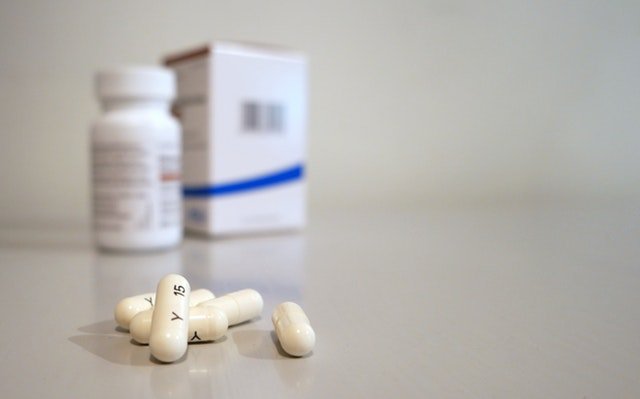
In a recent study, researchers found that a common drug (azathioprine) used to treat inflammatory bowel disease, arthritis, and vasculitis as well as to prevent organ rejection is an important contributor to skin cancer.
It was already known that the use of azathioprine leads to increased photosensitivity to UVA light, probably contributing to the development of skin cancers.
This new study finds that the use of azathioprine leaves a molecular fingerprint in skin cancers, further implicating it in the development of cutaneous squamous cell carcinoma (cSCC), a common form of skin cancer.
The study was conducted by researchers from the University of Dundee, Queen Mary University of London and the Wellcome Sanger Institute.
More than 40,000 new cases diagnosed annually in the UK, with significant health economic implications.
In the current study, the researchers ran an analysis of cSCC tumors from 37 patients, many of whom had been on azathioprine.
They found a new mutational signature, Signature 32, which correlated with time on azathioprine therapy.
Importantly, this new study also reveals the molecular landscape of cSCC and highlights potential targets that may be developed for future therapeutic approaches to manage cSCC.
Researchers suggest all physicians give appropriate advice on UVA avoidance including year-round sun protection for their patients on azathioprine.
Although patient numbers were small and these findings should be verified in a larger independent cohort, this study provides a strong case for an association between skin cancer risk and long-term azathioprine use.
But this does not necessarily mean the withdrawal of azathioprine.
The team suggests that as with all medications the risks must be balanced against the benefits, particularly with the need to treat potentially life-threatening diseases with an effective drug.
It is important that sun protection, skin surveillance and early diagnosis/lesion removal are part of the routine management of patients on azathioprine.
It’s also important for people to protect their skin from the sun when it’s strong, especially if they burn easily or are taking medications which make them more sun-sensitive.
The most effective protection is to spend time in the shade and cover up with a hat, long-sleeved top, and sunglasses.
For the skin one can’t cover, use sunscreen with at least 4 stars and SPF 15 or higher for protection against both UVA and UVB rays.
The study is published in Nature Communications.
Copyright © 2018 Knowridge Science Report. All rights reserved.
Source: Nature Communications.



